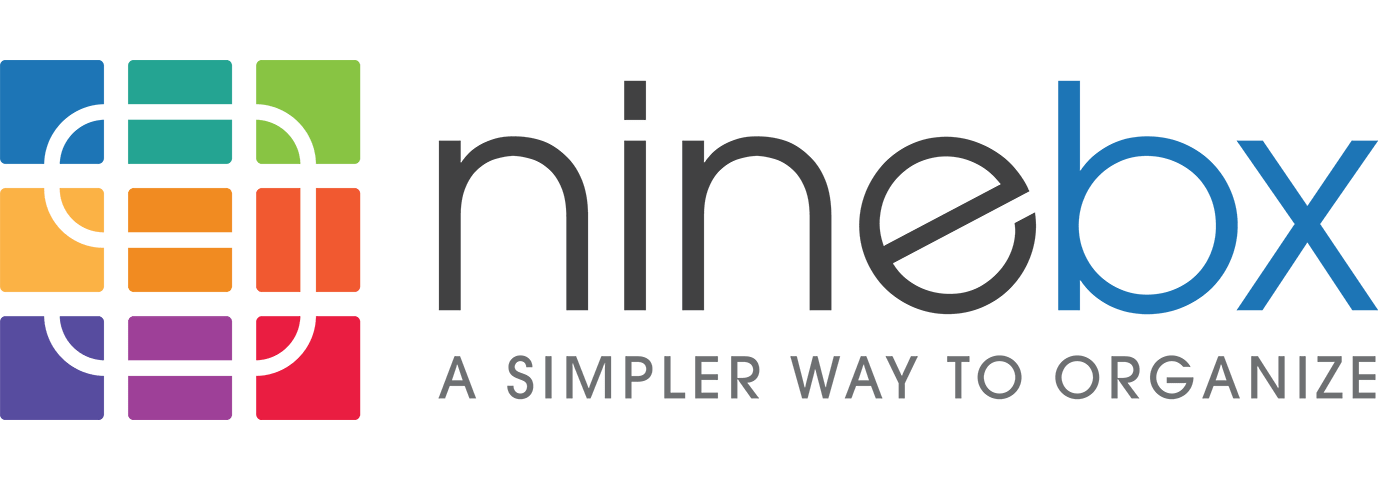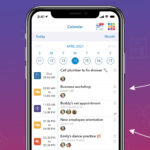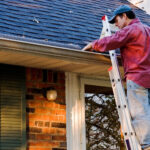How to Always Be Prepared for an Emergency
Natural disasters such as the ongoing wildfires in California, Hurricane Laura, tornadoes in Brazil, monsoon floods in South Asia, and the ongoing COVID-19 pandemic are constant reminders that emergencies can strike at any time, and without much (if any) warning. Because disasters and emergencies can happen to anyone, anywhere, it is best to always be prepared – especially if you have a family that depends on you. Fortunately, there are many resources available on how to best plan for an emergency, including information from government agencies such as the Federal Emergency Management Agency (FEMA) and the Centers for Disease Control and Prevention (CDC). In this blog post, we provide you with an overview of these resources, links to emergency supply lists, and ideas on how you can use NineBx to help your family better prepare for natural disasters or emergencies.
Food And Personal Belongings
As all of us have discovered by now, when pandemics or natural disasters strike, normal daily activities get disrupted until the emergency is resolved. This may mean that businesses and services that you rely on regularly may not be open or easily accessible. Which is why you should at least have basic emergency supplies in your home at all times. This includes having enough food and water to feed everyone in your home for at least three days. Ready.gov provides a checklist of basic supplies you will need in an emergency. If you are a NineBx user, you can easily create such a list in your shared family account so everyone at home has access to it.
Saving Important Documents
Ensuring you have ready access to copies of all your family’s important paperwork and records is a critical part of being prepared for any emergency or natural disaster. Many government agencies require families to show proof of citizenship, home address, etc. in order to apply for aid. FEMA suggests gathering essential items such as your family’s financial, medical, and personal records to prepare for an emergency. They suggest storing these important documents either in a safety deposit box, an external drive or on the cloud to make it easy to access during a disaster. Some of the recommended items include birth certificates, Social Security cards, insurance policies, physician contacts, immunization records, and tax statements. If you are experiencing an emergency or disaster that requires you to shelter-in-place, you will most likely have access to these items in your home. But if you are required to leave your home due to a natural disaster such as a fire, flood, hurricane, etc., you will need to carry this information with you. Rather than carry hard copies of these records with you, you can save all of these important documents and records in your NineBx account, where they are securely backed up on the cloud. With NineBx, you can also share these records with your family, so everyone has access to the information they may need, no matter where they are.
Below is a partial list of important documents we recommend saving in NineBx in order to be prepared for an emergency or natural disaster.
You can view a complete list of recommended items by reading Financial Preparedness Tips on Ready.gov.
Communicating with Loved Ones
Technology provides families with many great tools to help prepare for an emergency. While most people have access to a mobile phone, keep in mind that mobile networks can become overwhelmed during emergencies, making it difficult to make and receive calls. If you are unable to reach your family by calling them, Ready.gov recommends that you try to send text messages, email, or even post on social media to connect with your loved ones. While NineBx also provides a private family message board that can help families stay in touch, note that during emergencies even this service could be impacted by network disruptions. However, when you do have a stable network connection, you can also use this feature in NineBx to help your family develop a plan that includes what you should do during an emergency if you are separated and unable to reach anyone in your family. This plan should include one or two locations where all family members should meet if they are separated.
Special Considerations
Natural Disasters
If you live in an area prone to wildfires, hurricanes, tornadoes, landslides, etc., you will want to make special preparations to prepare for these types of disasters. Each situation requires different emergency preparedness supplies, so please visit FEMA’S Ready.gov website to review their recommendations for any natural disasters that are common in your area.
Children
For families with children, visit Ready.gov’s page that provides you with tips and tools to help your children prepare and understand what to do (and expect) in an emergency.
Conclusion
In the end, few things are more important than preparing for an emergency. While this task can seem overwhelming, by creating an Emergency or Disaster Kit you will provide your family with the tools to handle any emergency – whether they are required to either shelter-in-place or evacuate. And by using NineBx to help you with this task, you can easily organize the supplies you need to gather, quickly communicate with your family on emergency plans, and securely save all the important documents FEMA recommends having on-hand. And finally… you can relax knowing that you are working towards keeping your family safe and ready for any emergency or natural disaster that may arise.
Comments are closed.






